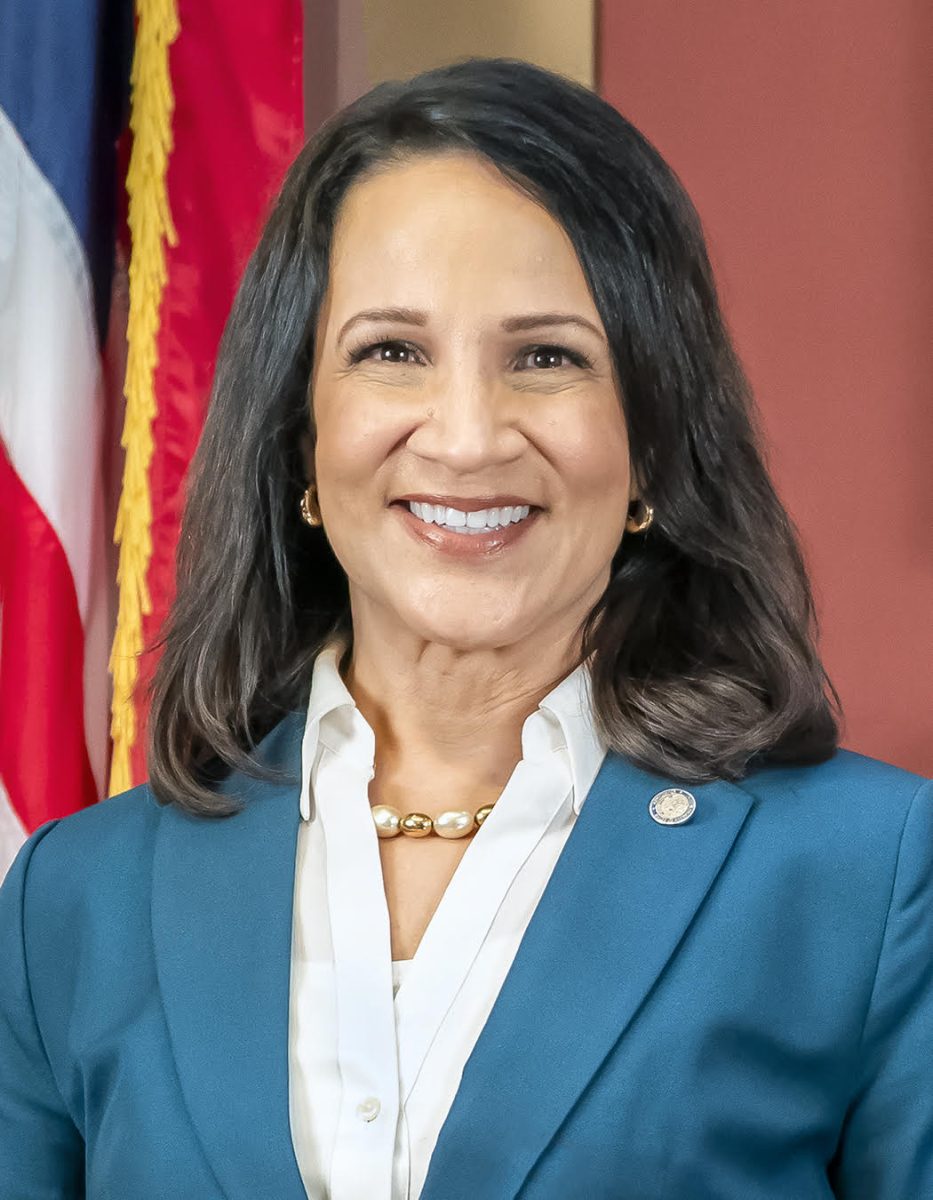Starting this semester, students have the option of printing their own notes for class absences from Boynton Health.
The Office of Undergraduate Education and the Office for Student Affairs at the University of Minnesota allow students to use a form to self-report a single-episode absence. Starting in time for the spring semester, the optional form was made available for students to print at home.
Jennifer Reckner, OUE chief of staff, said the absence policy has not changed. The policy allows students to have a one-time absence without medical documentation unless there is an exam, lab or “important graded in-class assignments.” The self-reporting notes, available on the Boynton website and makeup policy page, may prevent misunderstandings between professors and students regarding the policy.
“If the student feels more comfortable using a form, they can do that,” Reckner wrote in an email to the Minnesota Daily. “We will be providing the student with the option of using a form to self-report their single episode absence.”
The change was made to minimize the number of requests for “sick notes” from Boynton for conditions that do not require a medical visit, such as colds or the flu. A student would typically receive an absence note by calling or visiting Boynton.
“During cold and flu season, the number of requests for notes has … typically been between 100-120 notes per day,” Reckner said. “Requests for notes for an illness that requires only self-care is an unnecessary use of medical resources.”
Reckner said they hope to respect and trust students as adults and want to emulate the work world.
“If a person is sick for a day with a cold, an employer does not typically request that the employee seek medical attention and provide documentation,” Reckner said.
They expect to see a significant decrease in requests for medical notes for illnesses that do not require medical attention as students and faculty become more aware of the single-episode absence policy. Boynton and OUE began discussions through the University Senate last fall.
“We believe this approach better serves students and will allow us to use our limited resources more effectively,” said Carl Anderson, director and chief health officer at Boynton.
Ryan Su, a first-year electrical engineering student, was not aware of the addition, but he believes the policy and note might be useful to deal with courses that have a strict attendance policy.
Reckner emphasized the implementation of absence notes is not a change to the policy. Students are welcome and encouraged to visit the clinic if they feel it is necessary.
“Boynton will continue to provide absence notes when students have recurring class absences due to an ongoing medical illness,” Anderson said.







